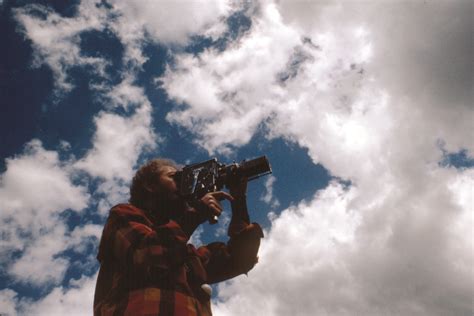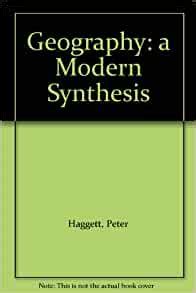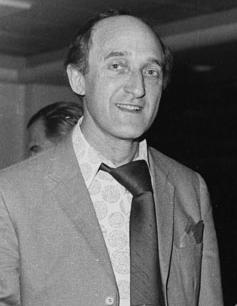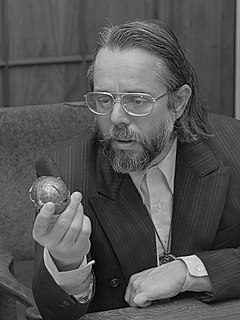A Quote by Mircea Eliade
A religious phenomenon will only be recognized as such if it is grasped at its own level, that is to say, if it is studied as something religious. To try to grasp the essence of such phenomenon by means of physiology, psychology, sociology, economics, linguistics, art or any other study is false; it misses the one unique and irreducible element in it - the element of the sacred.
Related Quotes
There can never be any real opposition between religion and science; for the one is the complement of the other. Every serious and reflective person realizes, I think, that the religious element in his nature must be recognized and cultivated if all the powers of the human soul are to act together in perfect balance and harmony. And indeed it was not by accident that the greatest thinkers of all ages were deeply religious souls
With the near-death or clinical near-death phenomenon some people who are brought back from 'death' have reported being alive the entire time they were 'dead.' This phenomenon occurs among people with a wide diversity of religious belief and no religious belief at all - from atheists to Zen Buddhists.
The Place of Religion in Chicago is a clearly written account of a little-studied aspect of American landscape. Based on unique field surveys and supported by photographs, tables, and beautifully crafted maps, the book will form a lasting contribution to our understanding of an overlooked element of the American urban scene: the religious landscape of a major metropolis.
There is a documentary element in my films, a very strong documentary element, but by documentary element, I mean an element that's out of control, that's not controlled by me. And that element is the words, the language that people use, what they say in an interview. They're not written, not rehearsed. It's spontaneous, extemporaneous material. People
Political parties often take advantage of denial and fear in a moment of change. This is a well understood phenomenon that often leads to scapegoat-ism: blaming outsiders, such as immigrants, or racial and religious minorities. The phenomenon is behind Brexit and the violence in the political cycles in the US and EU.








































